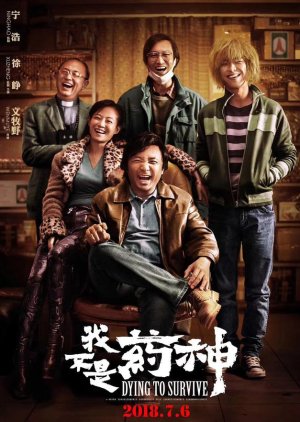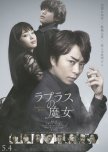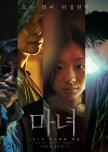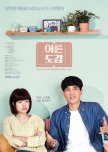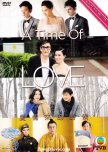An equally humorous and heartbreaking story of resilience, redemption, and justice
Dying to Survive is one of those movies that will make you laugh out loud one moment and then punch you in the gut during the next. The central (based on a true) story revolves around a struggling Shanghainese shopkeeper who decides to smuggle cancer drugs into China and sell them at a discount to leukemia patients. As he sets up his business, he recruits a rag-tag band of helpers who provide some of the movie's best moments of comic relief as they fumble their way through establishing the operation before finally hitting their stride.The movie does a good job balancing lighter moments with the inevitable heartbreak, because when the latter comes, it hits hard. Tensions rise as a looming band of government regulators threatens to close in on the central, illicit operation, bringing dire consequences to all the key players involved. The lead actors play their roles exceptionally well, drawing the audience into the injustice of their lives as cancer patients under a rigged medical system. The screenplay is also raw and powerful, leaving the viewer just as outraged and devastated as the characters on screen.
Is Dying to Survive perhaps overly sentimental at times? Yes. 100% accurate? Probably not. And yet, it's still a well-done film carrying a vital lesson about healthcare and moral justice.
Was this review helpful to you?

Chinese Classic!
Dying To Survive based on a true story, both the film and the real-life efforts of Lu Yong show that change is possible. It tells a very heartwarming, tear-jerking story that can resound with all audiences to identify with. The acting of Xu Zheng truly elevates the cast and this debut work from Wen Muye takes some unconventional choices (for Chinese mainland cinema anyway) in both the filming technique, editing style, and pacing.The film is split in two distinct parts, separated by a time interval and pervaded by very different moods. The first one that act as a prologue is brush and comedic, full of energy, gags, laughs (subject matter allowing!) and even a hilarious brawl where also the timeless Chinese weapon – the foldable chair – makes a glorious appearance. But, like in every good Chinese movie, actions have consequences and the second part deals with those and the emotional toll of such actionsWas this review helpful to you?

